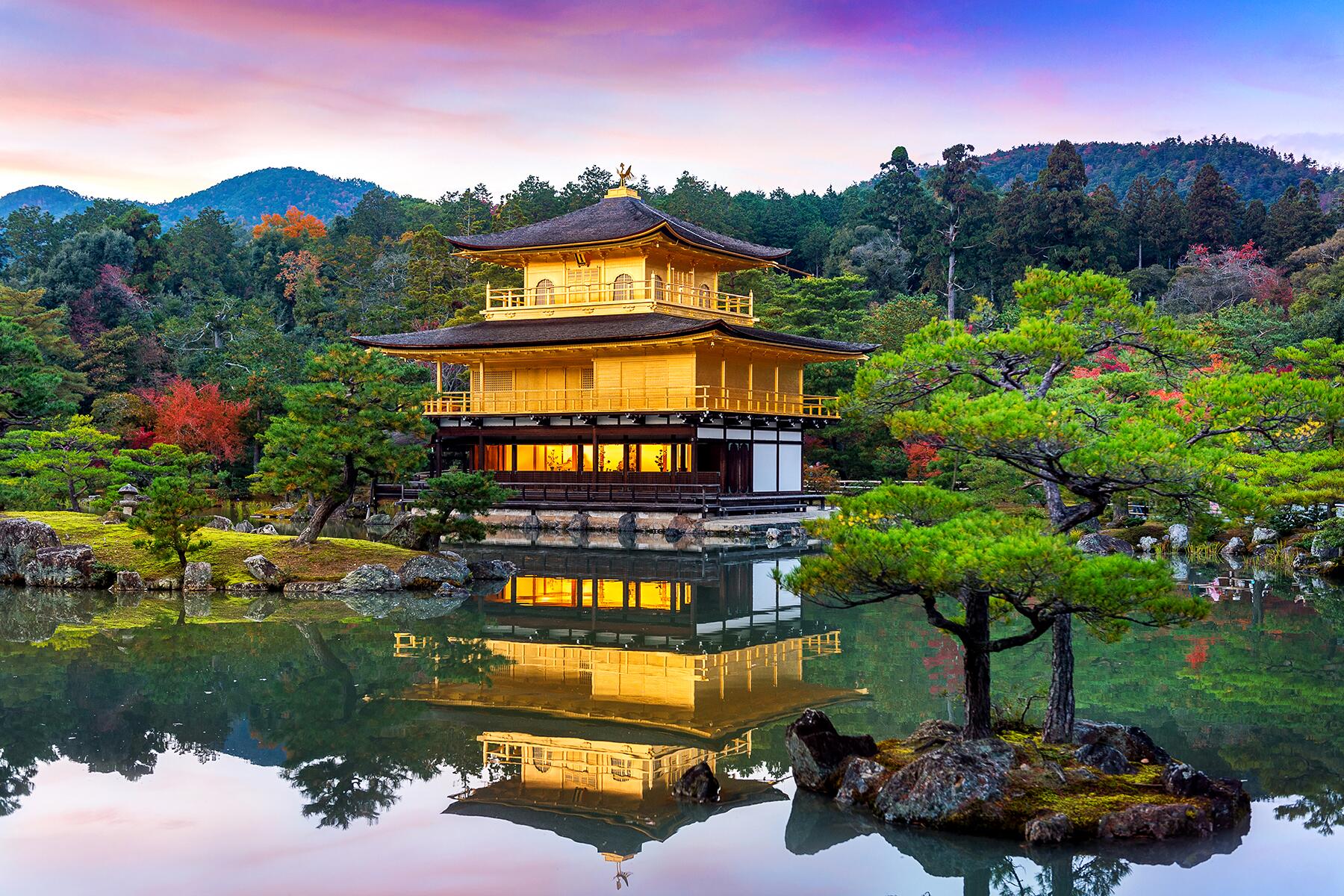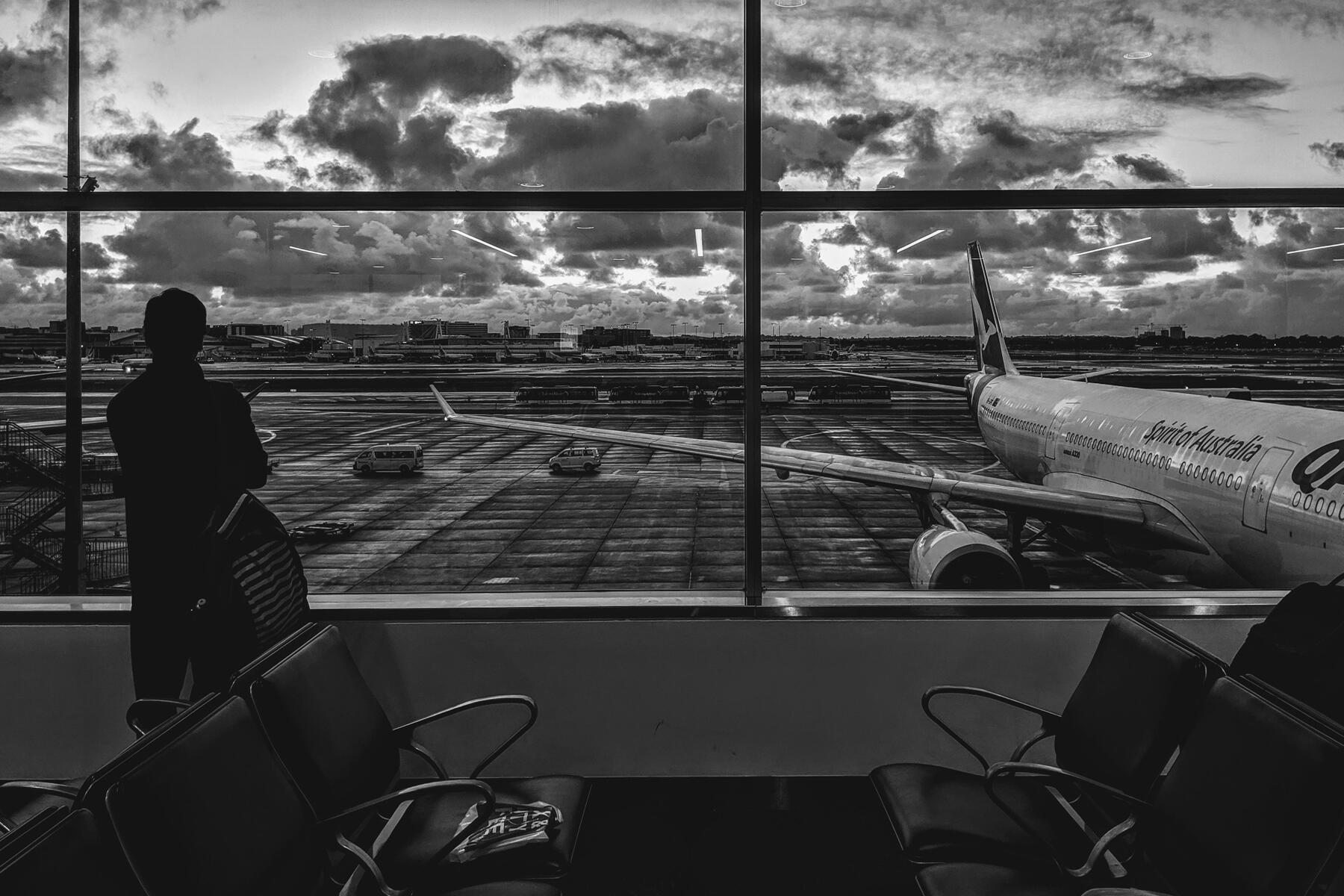We ask experts what to keep in mind when booking.
This time last year, travelers were finalizing plans for December, thinking about where to ring in 2020, snagging deals from all remote corners of the internet. Winter is the peak travel season across the globe, so early birds do get the worms–or at least did before coronavirus. Now, with travel restrictions, border closures, safety concerns, and fear of being quarantined, a million revelers might not be sighted at the usual haunts of Times Square or Sydney Harbour.
Are Travelers Even Thinking That Far Ahead?
With the coronavirus graph rising in many countries, the situation is developing and travelers are contemplating if they can safely step out. In a recent global survey of English-speaking markets by TourRadar, only 19% of those surveyed said that they wanted to travel between October and December this year, while 18% said they were optimistic about January to March 2021, and 34% reported they might travel after March next year.
It seems likely that winter travel this year won’t look as exciting as usual. Sheetal Munshaw, Director at Atout France in India, affirms, “People are going to be cautious at least till the end of the year when it comes to travel or till there is confirmed news of a vaccine on the way. So at least till 2020, while there may be travel, there may not be droves of people traveling for winter or Christmas holidays.”
Recommended Fodor’s Video
Elisa Robles Fraga, Director-Tourism Office of Spain, is of the same opinion–that a lot depends on the vaccine and travel will pick up instantly once it’s available and distributed. She notes, “The decision to push travel to the last quarter of this year or to 2021 will depend on the developments of the vaccine. Several surveys confirm that avid travelers look forward to a safe getaway by the end of this year.”
It’s Safety Over Discounts
Airlines and destinations have been sweetening the deal with discounts and trying to bring back travelers. Hotels, too, are offering ‘buy now and stay later’ options. But is it enough?
Munshaw believes that there may be a chance for travelers to benefit from good deals if they book in advance. “Deals, however, may not necessarily be a [unique selling proposition] from the supplier perspective and may not be [a] priority for travelers either. Priority will be given to ensuring the highest standards of safety and security and that will entail enhanced investments and will also be on the top of the minds of travelers who are yearning to go back to their “way of life” but in the most secure manner.”
This insight is backed by a study by Bloom Consulting, where only 15% of respondents said that money was a main factor for not traveling for leisure. The study also recommends destinations avoid price competition because that’s not a concern for travelers right now.
“People are going to be cautious at least till the end of the year when it comes to travel or till there is confirmed news of a vaccine on the way.”
Expedia predicts that people will feel more comfortable booking closer to the date as opposed to planning too far ahead–that’s the trend the company noticed during the summer too. So, there’s a possibility that you will find occupancy and last-minute deals even if you don’t book for December right away.
What matters to tourists is a good healthcare system. According to the same Bloom Consulting study, more than half of respondents said that they are likely to change a destination for one that has a robust healthcare system and low COVID-19 cases, and 39% would prefer a less crowded destination.
An isolated island holiday in tropical weather may be even more appealing, and barefoot luxury brand Soneva has added extra measures, like mandatory tests on arrivals and isolation until test results come in. Sonu Shivdasani, CEO and founder, says, “Resorts that occupy their own island, like Soneva Fushi and Soneva Jani, or Soneva Kiri…are great options for travelers worried about infection. With resorts like this, they can monitor their visitors and there is no risk of ‘walk-ins.’”
The Maldives is already open to international tourists, including U.S. citizens, and requires no mandatory quarantine on arrival. December is a peak month for the island nation and Shivdasani sees no change for his resorts. “We will not be dropping our room rates for the December through January period, as this is our high season. In this new normal our resorts remain fully operational, with all the experiences and dining options available.”
Backyard Travel Is the New Trend
According to a study by Expedia, given health and safety concerns, as well as international travel restrictions, Americans are more likely to stay close to home. Thus, Las Vegas, Cancun, Riviera Maya, Orlando, and Miami are some destinations that are topping interest for the week of Thanksgiving and the last two weeks of December. Even a survey by insurer Allianz Travel found that the majority of U.S. travelers want to holiday in the homeland.
As per Airbnb’s global booking data, there has been a surge in stays within a 200-mile radius from metro cities and the company has launched a new initiative, Go Near, to boost local tourism. Simran Kodesia, Communications Lead at Airbnb, says, “Recovery typically begins locally. We suggest our community be cautious and use this time to explore destinations closer home. Traveling after the pandemic will be a new experience for all of us.” (See how Airbnb is keeping guests safe here.)
“Travelers need to keep a close watch on the evolving pandemic scenario, quarantine rules and regulations for each country, and the efficiency exhibited by the country in combating the virus and their strategy in curtailing the pandemic.”
Preferred Hotels has also introduced a campaign, Loving Local, to facilitate domestic tourism in 21 regions. According to Seema Roy, Area Managing Director for South Asia, Middle East, and Africa Preferred Hotels & Resorts, local tourism will be the driving factor for leisure tourism for the next six to nine months.
Whether flying to an island or sticking closer to home, holidayers should keep an eye out for travel advisories and monitor how things are changing around the world. Munshaw advises, “Travelers need to keep a close watch on the evolving pandemic scenario, quarantine rules and regulations for each country, and the efficiency exhibited by the country in combating the virus and their strategy in curtailing the pandemic.”
Flexibility Is the Safest Bet
A must-do if you’re planning winter travel? Flexible bookings, for everything from airlines and hotels to cruises and tour operators. Roy warns that things are changing every day. “Travelers should use companies that have clearly published their new policies and terms and conditions for travel, can answer questions in detail, and can provide risk-proof reassurances,” she adds.
As the world gradually opens up, Abu Dhabi-based Etihad Airways is aiming to fly to 61 destinations, 50% of its pre-COVID-19 capacity, through August and September. For those who can fly, the airline is offering flexibility to cancel, modify dates or change destination, and the option to keep the ticket open (more details here).
It is a growing concern that the virus might cause a second wave in colder months, as everyone bundles up inside and other winter bugs come out to play.
Neerja Bhatia, Vice President of the Indian Sub-Continent at Etihad Airways, says, “Guests can choose to book now as we’re supporting them with maximum flexibility and providing various options to help manage their bookings seamlessly. As we move from one chapter of the pandemic to another, it is imperative for travelers to understand that they should be prepared for any changes in guidelines issued by international governments and regulatory authorities.”
Emirates, the Dubai-based airline, has gone as far as offering insurance and funeral cover as part of their free global COVID-19 cover to bring people back to the airport.
It is a growing concern that the virus might cause a second wave in colder months, as everyone bundles up inside and other winter bugs come out to play. So even if you are looking to book, make doubly sure you have free cancelation, refund option, and insurance cover. Make an informed decision about that white Christmas or ski trip to British Columbia.



